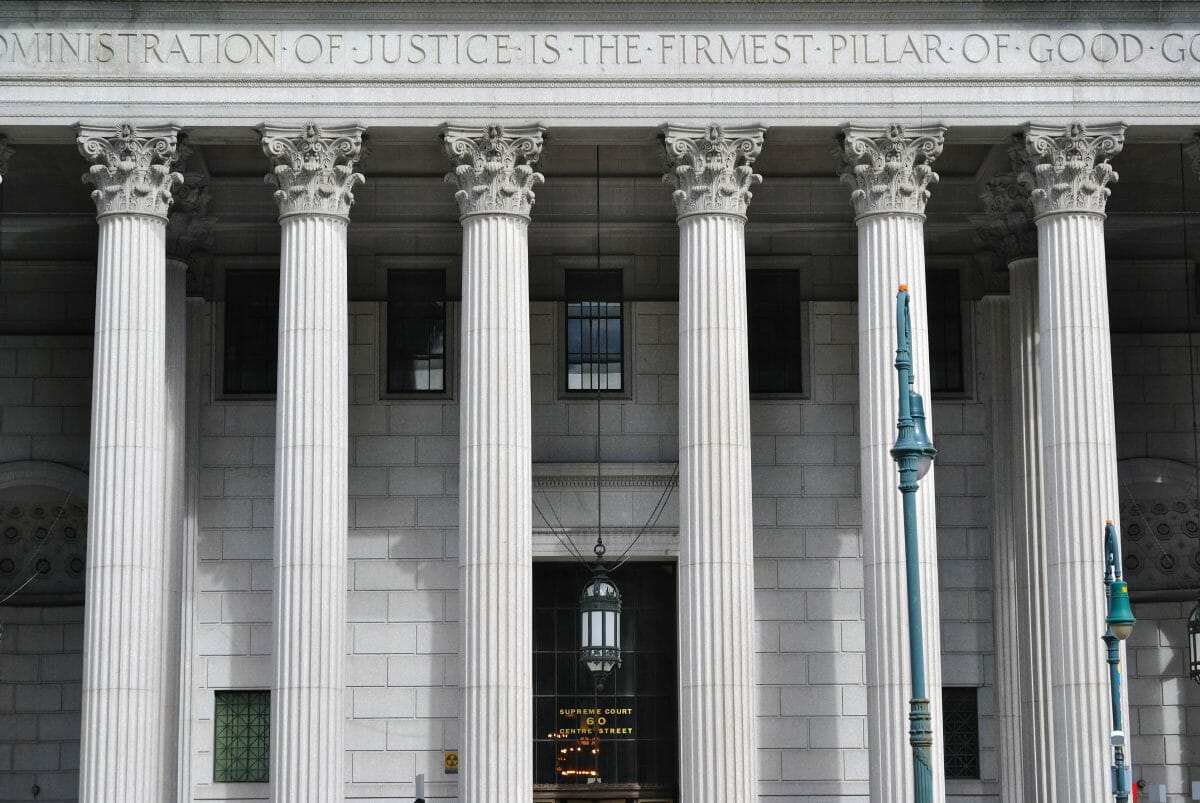
{Read in 5 Minutes} A Guardian Ad Litem in the Surrogate’s Court plays an important role. Whenever the Court has a proceeding before it involving one or more parties who may not be able to adequately defend their own interests, the Court will appoint a Guardian Ad Litem to protect their interests in that proceeding. In the Surrogate’s Court, the Guardian Ad Litem is always an attorney who has taken special training in order to receive such an appointment from the Courts. What are some examples when the Court might appoint a Guardian Ad Litem?
The Court may appoint a Guardian Ad Litem for the benefit of a minor with an interest in the Estate.
When a minor inherits money, the Court is of the opinion that a Guardian must protect it. A Guardian Ad Litem is different from a Guardian. The Guardian is charged with protecting the minor’s interests, whereas the Guardian Ad Litem is an attorney who protects the minor’s interest in the pending Court proceeding. In addition to the Guardian Ad Litem for a minor, the court may allow that minor’s parents or the legal Guardian (often the same person) to appear in that proceeding.
Any party with a diminished capacity or an intellectual disability.
There are some people who are unable to adequately understand the issues in the proceeding before the Court. This may be a result of diminished capacity, for example, dementia or someone who has suffered a stroke or a traumatic brain injury as a result of an accident. If a Court is not satisfied that someone is able to fully understand the implications of everything happening in that proceeding, the Court may appoint a Guardian Ad Litem to protect them.
Incarcerated Individuals
When a person is incarcerated, by definition they are unable to appear at the courthouse and defend their interests. While an incarcerated person may receive a formal Citation advising them of the proceeding, they may or may not retain an attorney. Unlike any individual who may appear at the Surrogate’s Court, even if they don’t have an attorney, an incarcerated individual is simply unable to appear. Very often the Court will appoint a Guardian Ad Litem to protect their interests.
Unknowns
The Court may have a proceeding where interested parties are either whereabouts unknown (the parties know who they are, but have no idea where they’re located), or whose identities are unknown (example: grandma had another child, but nobody knows this child’s name, whether or not they are living or deceased, or if they are deceased if they left living children).
In this sort of situation, the Court will first require a thorough search by the petitioner in the proceeding, demonstrating a good faith effort to try to identify these people and their whereabouts. Once the Court is satisfied, the Court will appoint a Guardian Ad Litem (or sometimes the Public Administrator) to protect their interests. Because they cannot receive notice of the proceeding, by definition, they are unable to come forward and protect their interests.
What happens if a case involves a Guardian Ad Litem? Well, that Guardian Ad Litem will very likely have questions of the parties and their attorneys. These questions are designed to ensure their wards’ interests are protected. If their ward is the beneficiary of an estate involved in an accounting proceeding, the Guardian Ad Litem may ask for proof of payments, including canceled checks or things like that. If the ward is someone who has diminished capacity and is enrolled in need-based government entitlement programs such as Medicaid or SSI, the Guardian Ad Litem may ask the Court to create a Supplemental Needs Trust for their benefit, which is a special type of Trust that can preserve their enrollment in such programs. If there is litigation, the Guardian Ad Litem has the ability to settle the dispute. However, the Guardian Ad Litem can only settle if the Surrogate approves such a settlement.
For more information on this topic, please contact me.
Thomas Sciacca
www.sciaccalaw.com
Tom@SciaccaLaw.com
(212) 495-0317


